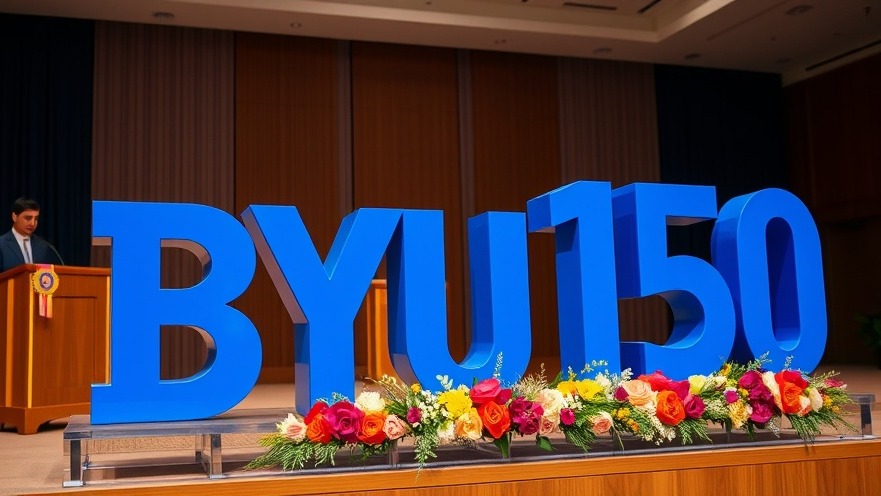
How Howard Stern Pranked the Media and Went Viral
In a remarkable twist that felt as much like performance art as media manipulation, Howard Stern recently pulled off an elaborate practical joke, leading major news outlets to report erroneously that he had quit SiriusXM. The announcement came during an episode of his popular radio show, where Stern enlisted the help of fellow talk show host Andy Cohen to execute the hoax.
The Impact of Media Misinformation
This incident raised vital discussions surrounding the credibility of news outlets, particularly those relying heavily on real-time updates. CNBC, along with other national news channels, fell victim to the prank, immediately broadcasting a supposed 'breaking news' alert. This blunder serves as a cautionary tale, emphasizing the delicate balance between urgency and accuracy in today's 24/7 news cycle.
Understanding the Landscape of Breaking News
In an age characterized by digital journalism where information travels at lightning speed, the incident is emblematic of broader trends in news consumption and dissemination. The reliance on social media, coupled with a public appetite for instant information, heightens the risk of sharing unverified content.
Lessons for News Consumers
For consumers of news, this situation highlights the importance of skepticism and thorough verification before accepting headlines as fact. Emotional reactions to sensational stories can cloud judgment, leading to widespread misinformation. Such scenarios not only distort the facts but also alter public perception on significant issues.
Contextualizing the Media Accountability Debate
The absolute necessity for journalistic responsibility comes to the forefront amidst this prank. Although Stern's ruse was intended for entertainment, it inadvertently provokes questions of accountability for media outlets. In a segment of the public sphere where trust is in steep decline, this incident illustrates the precarious position that news agencies occupy.
Diverse Perspectives on Media Ethics and Humor
While many enjoyed the prank, applauding Stern for his audacity and wit, others voiced concern. Critiques emerged pointing out that the unintended consequences of humor in news can lead to diminished credibility for not only the pranked networks but for journalism as a whole. It puts the spotlight on the ethical boundaries of using humor in serious domains.
The Future of Media Communication
As we continue to navigate changing landscapes in media consumption, pranks like Stern's expose vulnerabilities in how news is created and consumed. The incident ultimately calls for an increased focus on media literacy among readers as they become adept at distinguishing humor from serious news reporting.
Conclusion and Next Steps
As we digest this recent news prank, let it serve as a reminder of the critical importance of discerning the quality of information encountered daily. For those invested in staying informed, cultivating a habit of verifying stories with multiple credible sources is essential. In a time where breaking news trends dominate conversations, remaining vigilant of the information we consume will become one of the best defenses against disinformation.
If you want to stay informed, make sure to regularly engage with reputable news sources and ensure you are subscribed to quality news articles, allowing you to navigate the fast-paced world of national news effectively.
 Add Element
Add Element  Add Row
Add Row 



Write A Comment